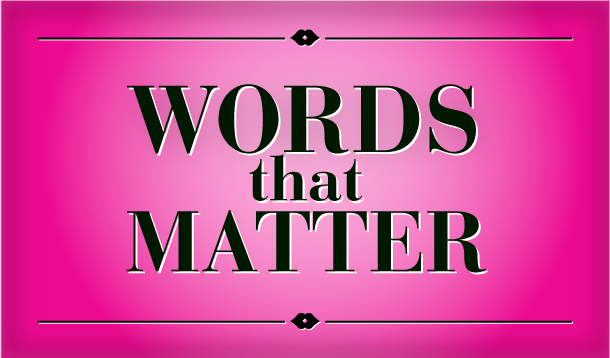Music is one of life's great joys.
In its complex pattern of rhythms and melody is a subtle and often unrecognized power which helps organize movement, thoughts, and emotions. Music is a bridge from the head to the body, from the ears to the heart. It's a vital stimulant and nutrient for building the brain, balancing the body, and opening the door to emotional release and de-tox.

Though we are in only very early stages of scientific discovery, research has begun to uncover the deep and complex relationship between our sonic diet and the development and maintenance of neurological function. Much publicized studies have linked listening and performing music to enhanced functioning, especially in math and spatial-temporal skills.
Of course these studies have been both dumbed-down and hyped-up by the mass media, leading to confusion and distortion, as well as commercial exploitation. Yet experts in the field are unanimous in their conclusion that sound and music have an important role in the development of the brain, as well as a critical social and one-to-one bonding function for developing young minds. And, in its essence, that is The Mozart Effect®.
So how can we access this new knowledge and use music as a tool to create a healthy psychological state of mind for both parents and children?
What a child hears influences development in language, motor skills and co-ordination. The musical diet you provide can help build increasingly complex neural pathways that will assist your child in multiple tasks throughout life. Silence, story telling, rhymes and songs are just a part of the wonderful auditory diet that creatively provides health and stimulation to the brain and the body.
A baby spends its first nine months in a human metronome of pulse, beat and pattern. Sixteen to twenty weeks after conception, the eighth cranial nerve begins to eavesdrop on the outer world. The mother's internal systems and her voice| sounds and music become the sensorial input in the babys brain.
At birth, everything from rocking to patting and cuddling, and the soothing sounds of a mothers lullaby, are truly the swaddling sounds that create close connections. About ten days after birth, the ears drain of fluid, like earplugs slowly removed. This sonic birth to our world often leaves the infant startled and shocked with a broad range of sounds the nervous system is not quite ready to encounter. This is a time to guard vigilantly a newborn's sonic environment, certainly a challenge in the modern world.
After three months there is an awareness of sound and its directional source, from dogs barking to yelling siblings, fire trucks and televisions. The infant can still be startled and highly distressed by loud sounds. It is the long, low sounds and pretty intervals, easy little tunes, and that cooing, ooohing and wooing mothers instinctively generate, that instill in a child the safety and curiosity to reach out into the world.
Whether it be just the gentle and rhythmic tapping of a knife on a table or glass of water, mother's speech, or the simple and happy songs and dances during playtime - all bring stimulation, harmony, and joy into a babys life.

Watch out for noise and sound clutter in your baby's room.

Be careful with loud noises - your baby is far more sensitive to sound than you are. It can shock their system and even generating long-term hearing damage.

Music is great for enhancing play and sleep. Slow classical music is perfect for helping a baby sleep with the bonus effect of helping parents release stress, too.

Silence is as important as sound. Be sure there are quiet times every day and quiet places so your baby's ears and developing systems and pathways can rest.

Sing messages to your child. Speak in rhythm. Don't worry about your vocal talent. The highs and lows of your voice are far more interesting than normal speech to baby's developing sense of the world.
Music speaks to multiple areas of the brain simultaneously. The emotion, movement, speech and melodic flow are an important and wonderful way to help build a child's brain and body. From Mozart to nursery rhymes and your favorite pop songs, let music constantly nourish your home and family.
Harmony in the home is easier (and more rewarding) than you think!
"

 Though we are in only very early stages of scientific discovery, research has begun to uncover the deep and complex relationship between our sonic diet and the development and maintenance of neurological function. Much publicized studies have linked listening and performing music to enhanced functioning, especially in math and spatial-temporal skills.
Though we are in only very early stages of scientific discovery, research has begun to uncover the deep and complex relationship between our sonic diet and the development and maintenance of neurological function. Much publicized studies have linked listening and performing music to enhanced functioning, especially in math and spatial-temporal skills.